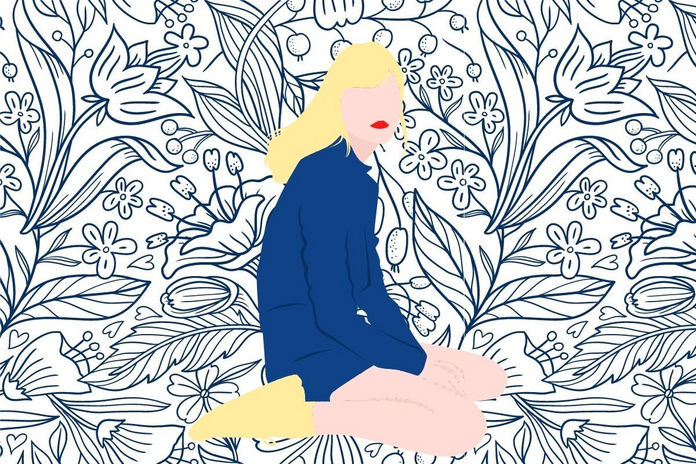For many students, the prospect of a dynamic social life is seen as one of the most exciting aspects of their university experience. However, it is easily forgotten that this is not the case for all of us, or at least all of the time. In an age of excessive social media use and the subsequent creation of highly unrealistic expectations, it is all too easy to wrongly assume that the desire for constant social interaction and a perpetually packed calendar is ubiquitous. I’m sure many of us can relate to being teased as ‘boring’ for opting out of certain plans. Although this is often lighthearted, it is still striking how prevalent this feeling of social pressure is, particularly in an environment where great emphasis is placed on forging relationships with new people.
It is often assumed that those who attend university unanimously prefer to be in the company of others rather than alone for the majority of their time. I found this particularly noticeable in first year; whilst living in halls it is almost impossible to find moments of time to yourself, being often surrounded by a buzz of chaos. This can be both comforting and overwhelming (especially when settling in): it serves as a permanent reminder that your friends are never far away, but it also plants seeds of doubt as to whether your own agenda is as exciting as what you can hear of other people’s. When it comes to going out, the sound of others’ footsteps down the hall alone is enough to be persuaded to join them despite being exhausted and low on social battery.
Re-imagining Introversion
Considering this, it would seem fair to first presume that university life is incompatible with those of a more introverted character. However, I have come to realise that this is not the case, especially because the idea of an introvert is largely misunderstood to begin with. To be an introverted individual does not equate to a level of antisocialness or incapability when it comes to meeting new people. This is something I myself was oblivious to until I began university. To categorise people as ‘shy’ or ‘confident’, (stereotypical qualities attributed to introverts and extroverts respectively) is a massive over-simplification of each individual’s unique character. These umbrella terms are also unhelpfully vague and provide no specific guidance towards achieving balance between the personal and social dimensions of life, by creating boundaries and practising time management, for example.
Introversion inevitably takes a slightly different form for each person, but generally, those who associate with the disposition are united in the tendency to recharge and thrive from alone time as opposed to situations where they are surrounded by others. This is not to say that being introverted is to be unappreciative of time spent with friends or loved ones, or to be less inclined toward new and thrilling opportunities. It is not a downfall or hindrance when it comes to interacting with others. It is simply a personal quality akin to how certain people lean towards acting on impulse, or contrastingly, towards rational thinking. It is a natural inclination in the same way that some people benefit from winding down by reading a book, whilst others gain more from going to the gym.
Thriving at university
I hope that by clarifying these important distinctions and debunking the common misconceptions, I can shed some light on how introverts can thrive in a fast-paced, stimulating environment like university. Speaking from personal experience, I have found it key to embrace downtime in order to feel refreshed and self-assured when I do engage in social activity, rather than burnt out. This can be achieved through small actions, such as passing the time alone with a simple mindful task like tidying your room. It is vital to strike a balance between rest and play, and know that it is ok to set boundaries and say no to plans when necessary, I promise you won’t miss anything life-changing in one night! I know I have found that these are necessary steps to recuperate and enjoy myself, being fully energised for the next time I have plans.
But most importantly, remember that introversion is NOT a weakness! It does not make you any less ‘fun’ or interesting to be around. It is worryingly normal to feel you must compare your lifestyle to the standards of others’, forgetting that their experiences you view on social media or even hear about in person are only a tiny portion of a larger, less glamorised reality consisting of the same fears and off days as yours. It is unnatural to feel completely active and enthusiastic all of the time, and you shouldn’t be too hard on yourself when those off days do inevitably come around. The need to take periodical timeouts is completely valid and your future self will thank you for doing so. Introverted and extroverted temperances are equally valuable; both have their unique strengths, and both should be celebrated and accommodated for with self-compassion. Whilst this feeling of social pressure is often difficult to tolerate, it is also strikingly common. You can be rest assured that others around you can relate to it, being more than willing to discuss it and share the burden.


